Following up an epic watershed such as
Oceanborn would be a difficult feat for any band. Nevertheless,
Nightwish came back two years with a brand new offering that came kicking and screaming into the world at the turning of the millennium: it's name was
Wishmaster.
Coming off of that high of the previous album, expectations are high. However, it is too clear from the first note of "She is My
Sin" that this album has more in common with mid-paced fair such as "The Riddler" than the more epic, fast-paced tracks of
Oceanborn.
That's not to say that it's all downpaced: it picks up around the fourth track, "Wanderlust", carrying on into the bombastic title track (also being the second and, to date, last time that Tuomas would dive into the world of
Arda for lyrical inspiration), and concluding with an eight minute epic which draws lyrical inspiration from the most unlikely source one could c
Onceive of in heavy metal: Walt Disney. No, you didn't misread that: "FantasMic" wears its Disney cliches and youthful exuberance proudly like a mouse-eared head-cap. For all those who derogatorily called
Imaginaerum "that Scrooge McDuck album", good luck explaining away "apprentice of Yen Sid."
Which brings us to one of two personal standouts for yours truly on this album. The first being the mid-paced Emppu composition "Come Cover Me", a provocative, if less ostentatious, companion-piece to "
Passion and the Opera". The second being what could very well be the single
Nightwish song that both perfectly spells out the
Musical mission of the band, while serving as the thematic anchor between the beloved first and maligned second eras of the band.
That, of course, being "
Dead Boy's Poem." The line "so much to live for, so much to die for" serves as a fitting epithet and statement of intent for
Nightwish: a band that recreates the nostalgic feeling of childhood wonder (where even "FantasMic" finds a welcome).
Tarja's dark vocal tone, as present here as on
Oceanborn, takes on a motherly quality: lamenting the loss of the
Dead Boy, taken before his time, still untouched by the evils of the world (as exemplified by "Kinslayer", one of the two weakest points of the album).
All told, this album is more of a grower than a shower: an uneven yet powerful third helping from a band that, like the
Dead Boy, had much more to offer the world. It would not be long, however, before the Finnish quintet showed us just what more they could give us.
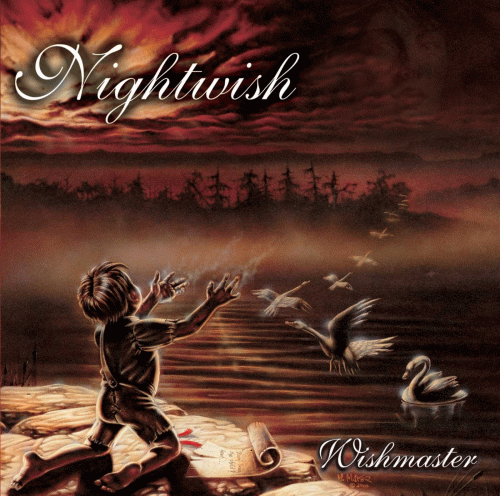
 Nightwish : Wishmaster
Nightwish : Wishmaster











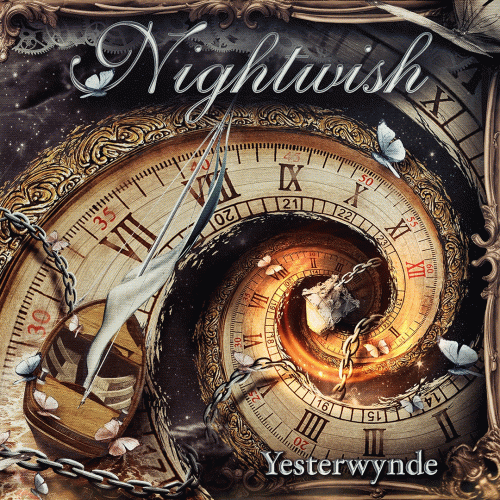
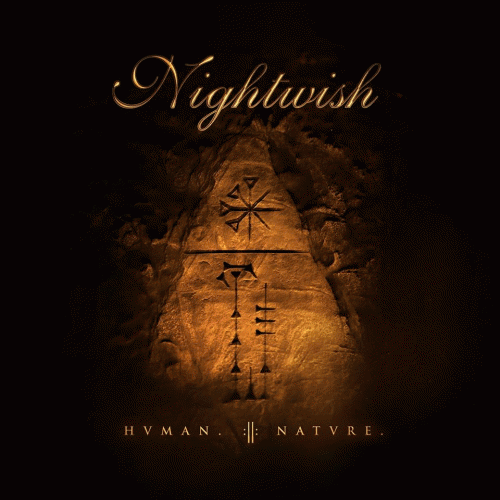
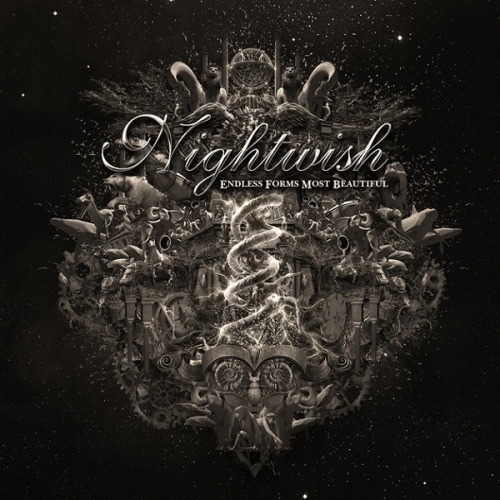
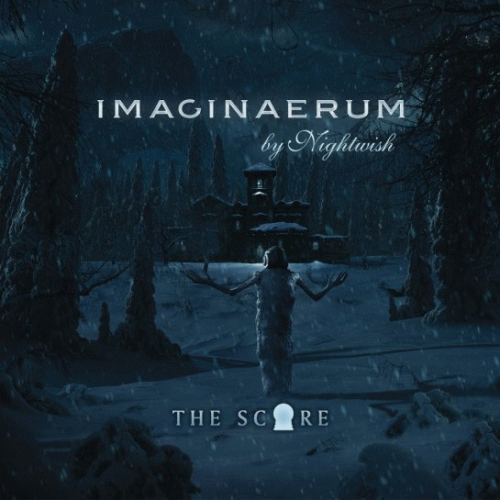
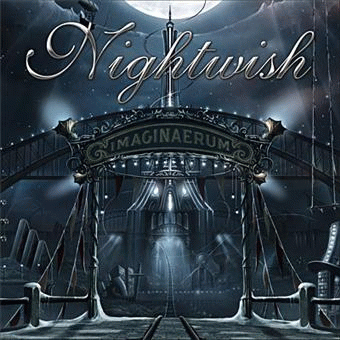
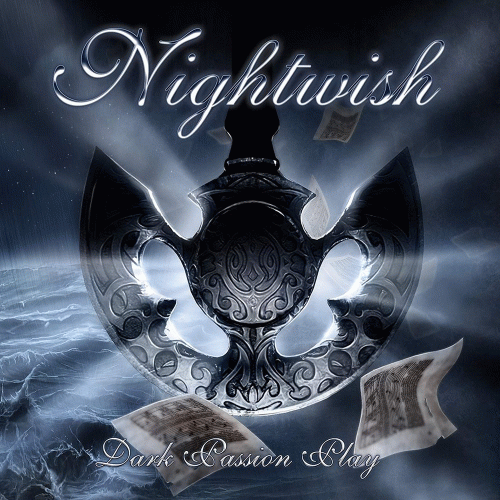
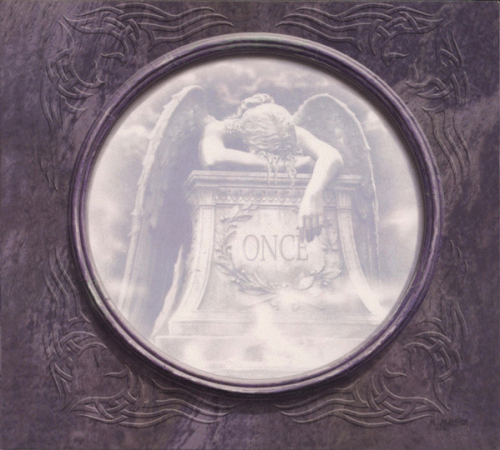
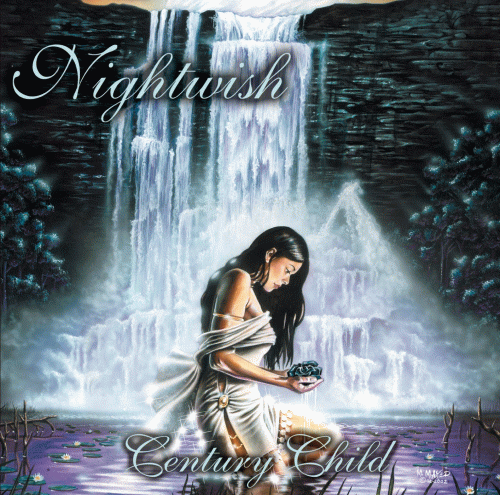
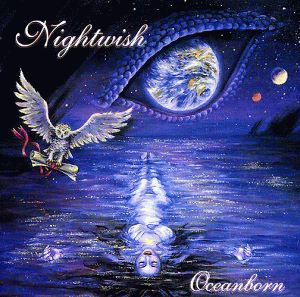
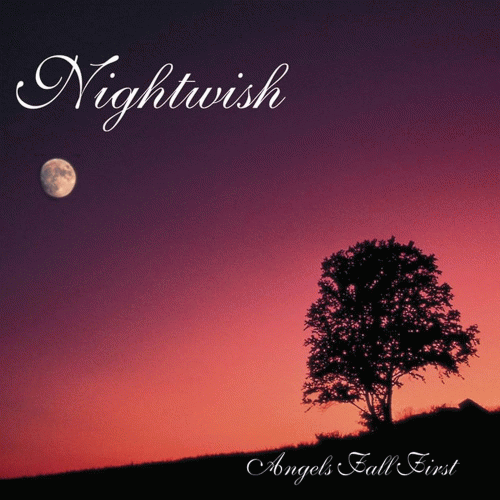
You must be logged in to add a comment